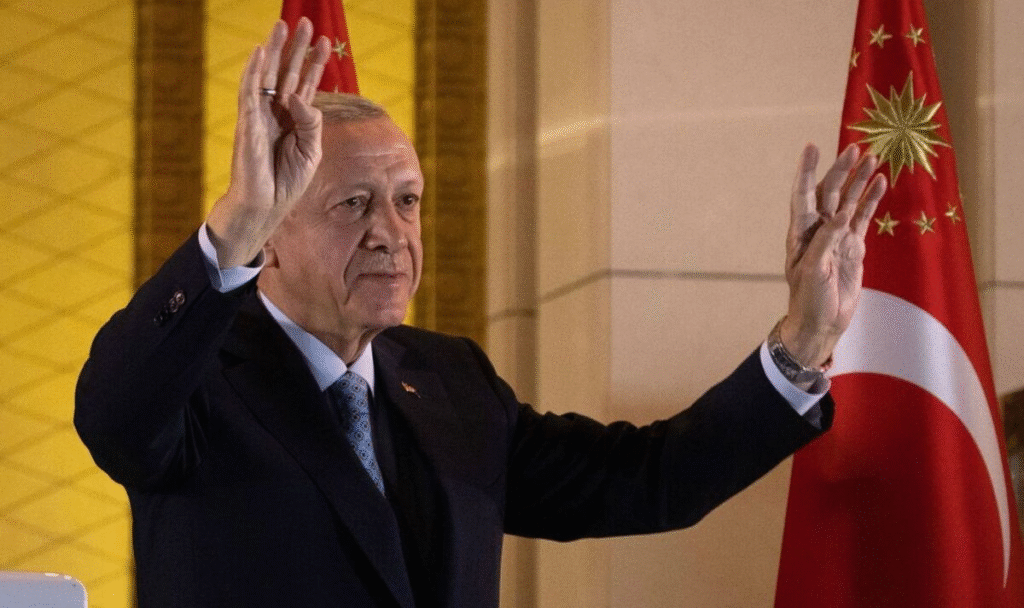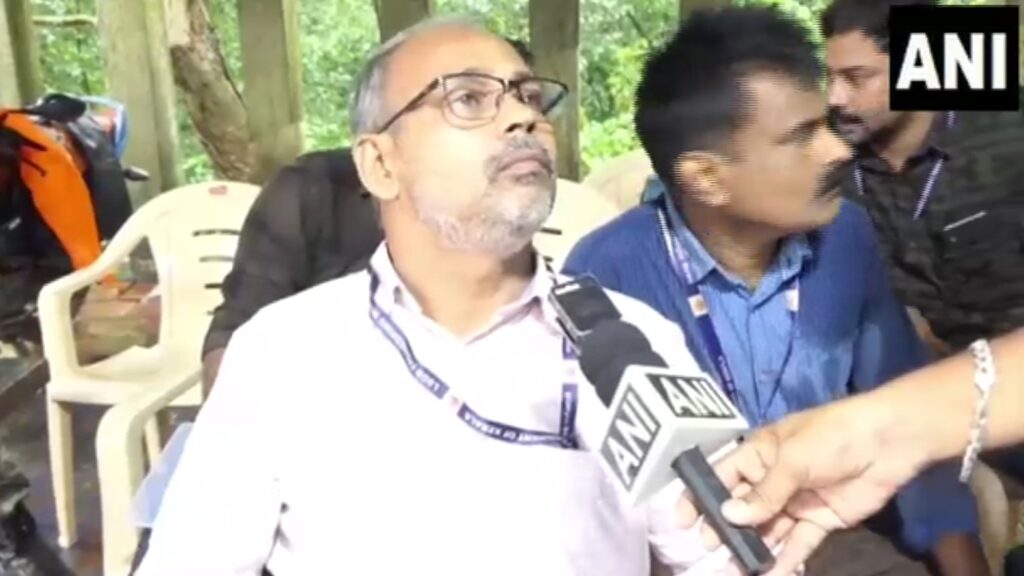Operation Sindoor reveals Türkiye’s deep military links with Pakistan, triggering diplomatic and regional concerns after Indian retaliation.
Türkiye had deployed civilian drone technicians and defense contractors to assist Pakistan in handling and launching UAV swarms. The two Turkish nationals killed were reportedly involved in managing and guiding drones during strikes against India.
This incident has fueled intense speculation and condemnation. Observers note that while defense sales are common, the active deployment of foreign civilian contractors in an armed conflict zone marks an escalation. Türkiye’s role in Pakistan’s drone war now extends beyond diplomatic and material support to operational involvement. India is reportedly demanding an official explanation from Ankara, raising serious concerns about the foreign involvement in regional conflicts and the violation of international norms.
How Has Türkiye Supported Pakistan in This Conflict?
Turkey-Pakistan military cooperation has grown in recent years through joint exercises, arms transfers, and UAV technology sharing. Turkish-supplied drones have become a backbone of Pakistan’s tactical operations. Following the Pahalgam terror attack, Türkiye reportedly provided further logistical and strategic support.
Pakistan PM met Turkish Ambassador Irfan Neziroglu and thanked Turkiye for helping Pakistan & standing with Pakistan during the conflict with India.
— Incognito (@Incognito_qfs) May 13, 2025
Turkiye supplied Drones to Pakistan to attack India.
Remember, if someone is close to your enemy, they are also against you, even… pic.twitter.com/lAuLijykRX
In addition to military assistance, Türkiye has allegedly backed Pakistan on the information and propaganda front. Media outlets such as TRT World, Turkey’s state broadcaster, have been accused of promoting Pakistani narratives and downplaying India’s defensive actions. This has further strained Indo-Turkish relations. Furthermore, Turkey’s support on the Kashmir issue at global forums, routinely opposing India’s stance, has long been a contentious point in bilateral diplomacy. The death of Turkish UAV contractors during India’s retaliation drone war has now brought this alliance into sharper focus.
What Are the Geopolitical Implications?
The incident underscores the growing use of drones in regional conflicts and the complex web of foreign support networks sustaining them. Türkiye’s involvement risks undermining its broader diplomatic image, especially as civilian casualties in military conflict attract international scrutiny.
This episode also complicates India’s foreign policy approach toward Ankara. While India has remained diplomatically cautious, the killing of Turkish citizens aiding Pakistan’s drone attacks may force a more assertive stance. Many analysts argue that this also calls into question foreign contractors’ immunity in conflict zones. The blurred lines between civilian and military roles—especially when civilians assist in active warfare—raise new ethical and legal challenges. Finally, the use of advanced Turkish UAVs by Pakistan and their deployment in cross-border operations signal a shift in regional military dynamics, setting a precedent for future foreign-involved proxy engagements in South Asia.





















